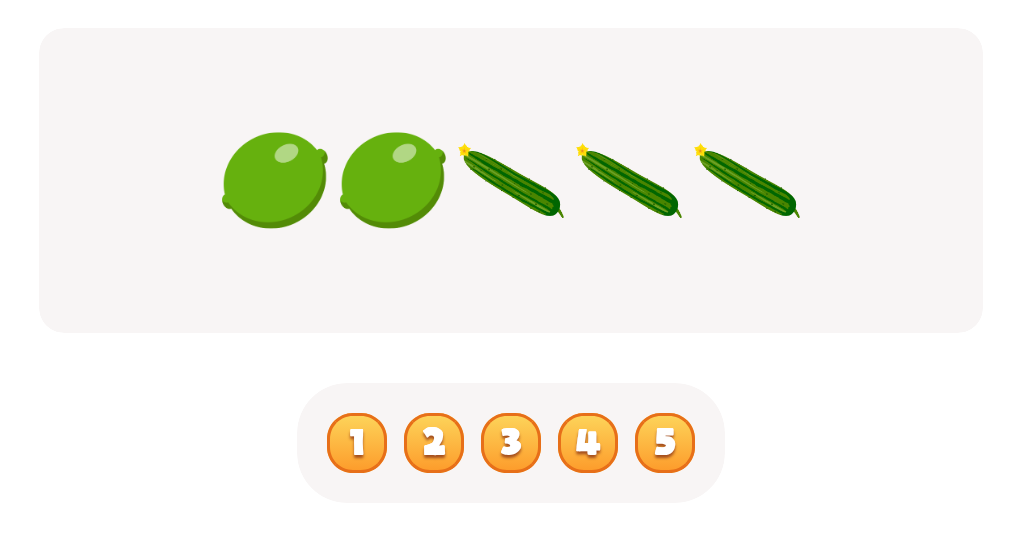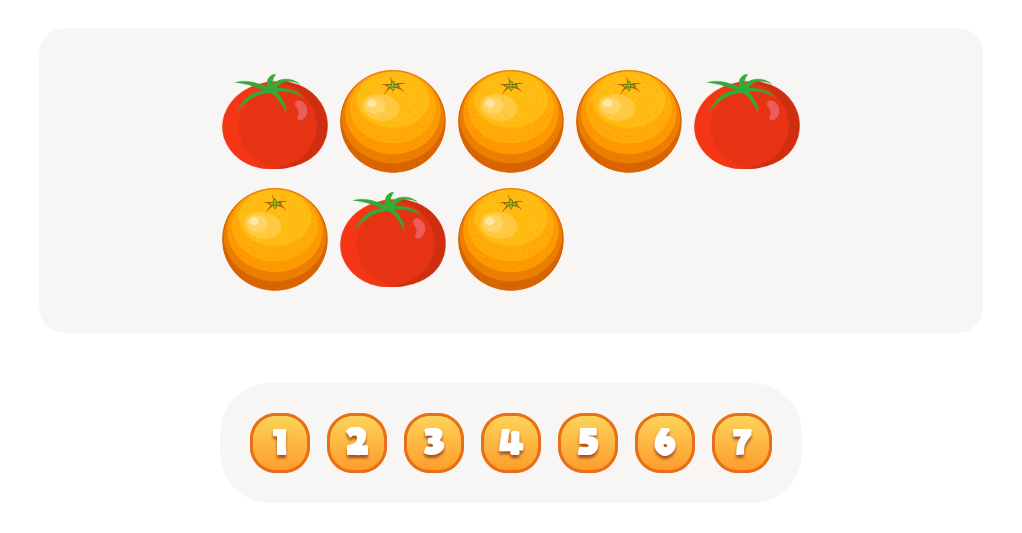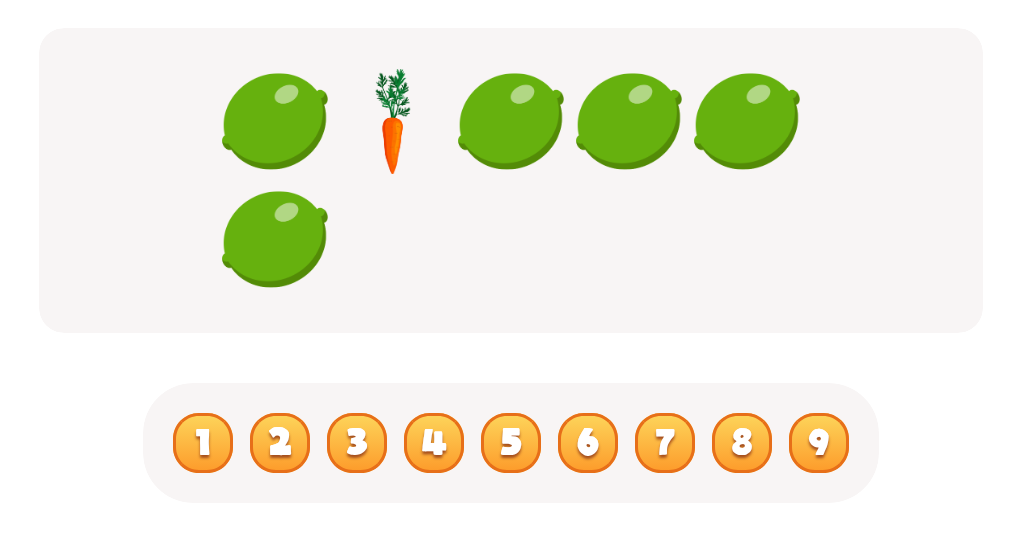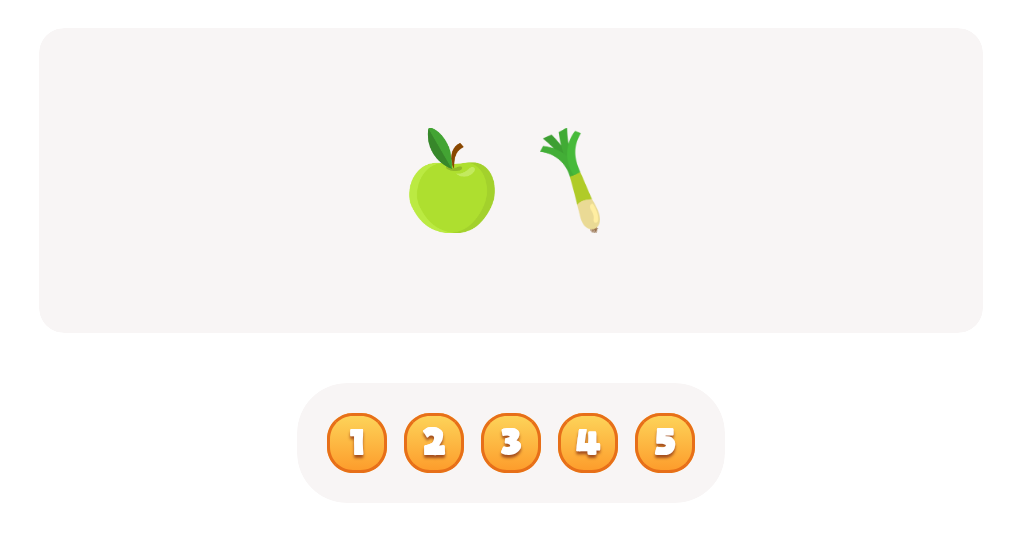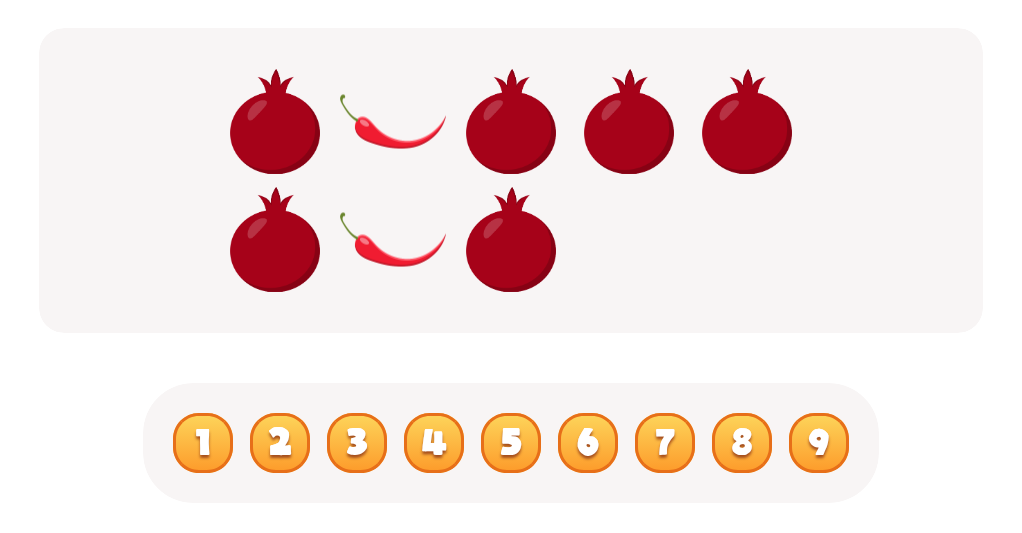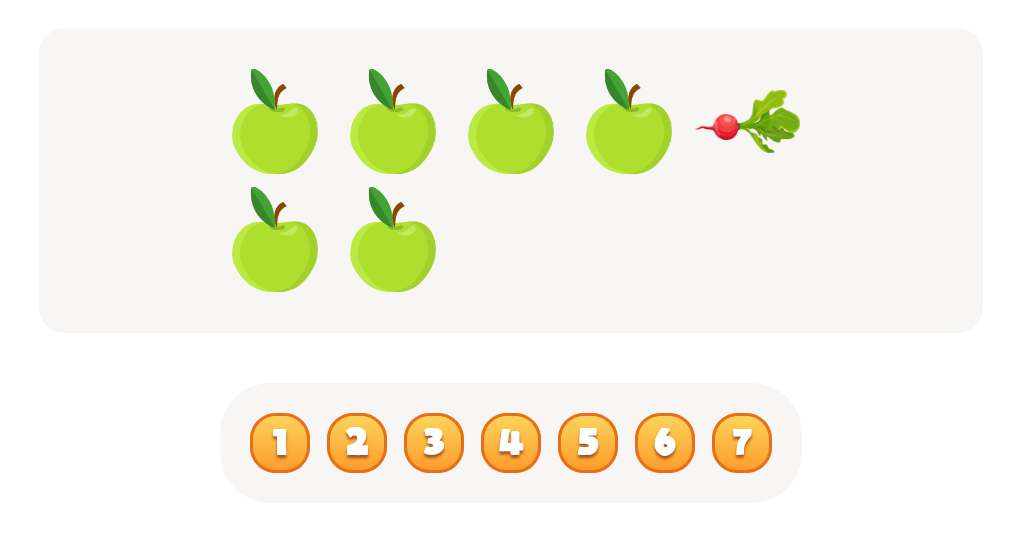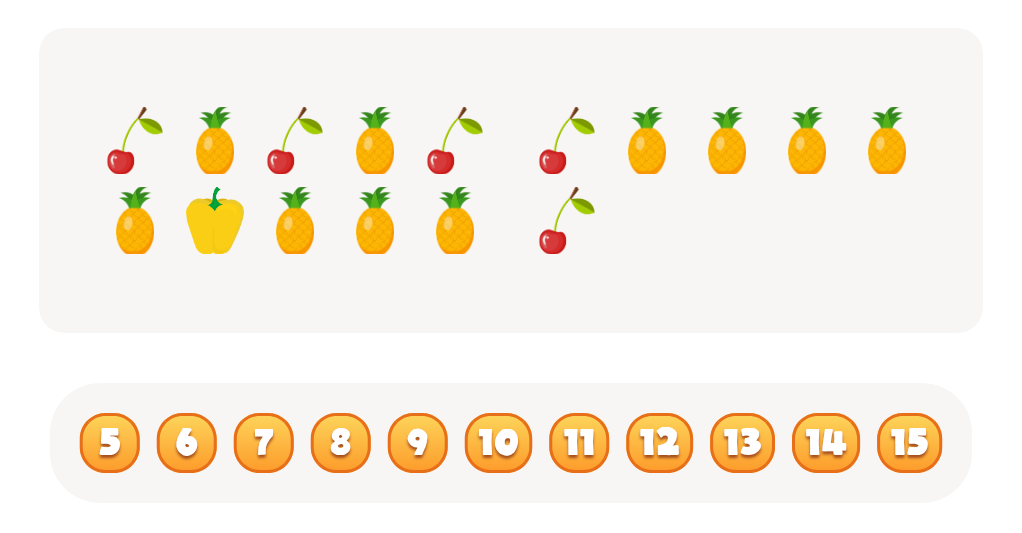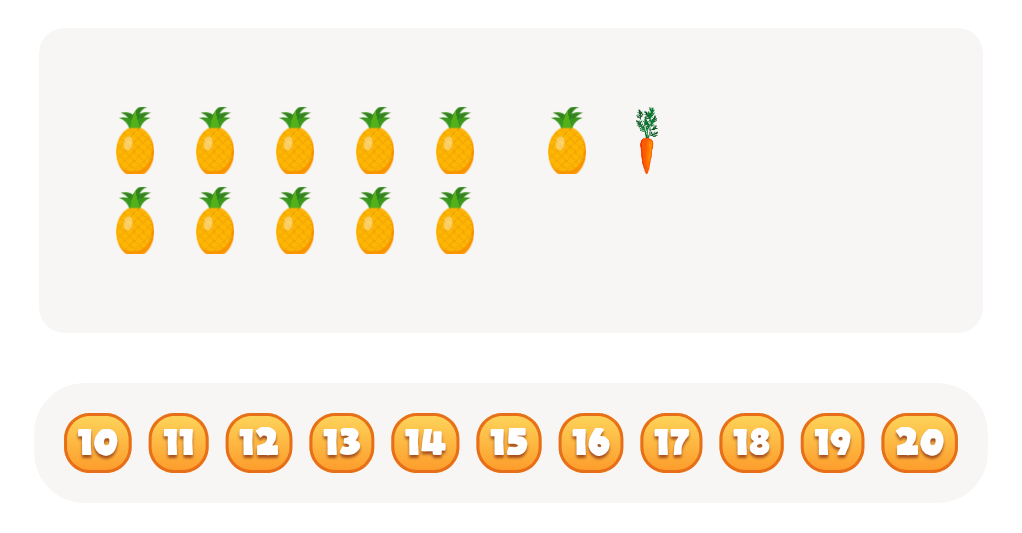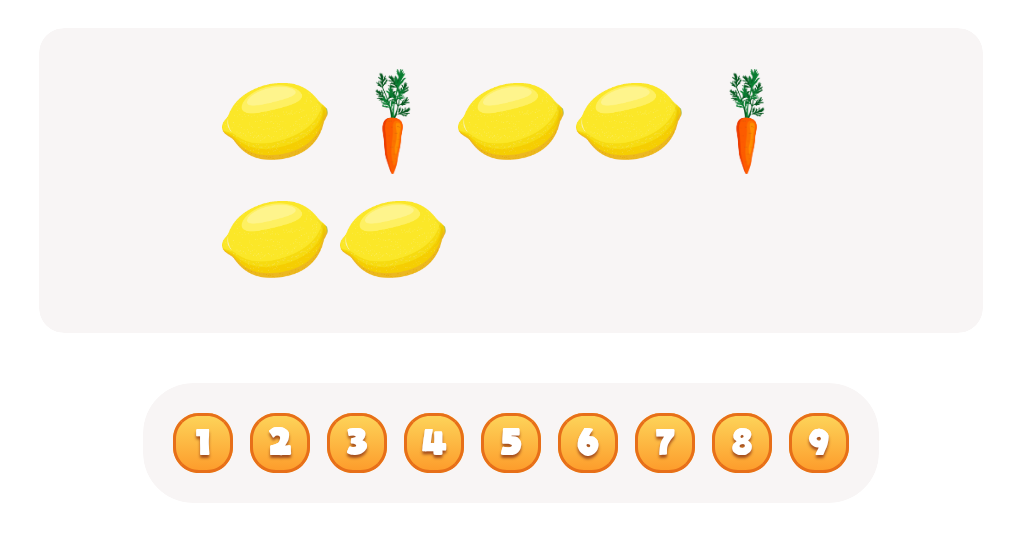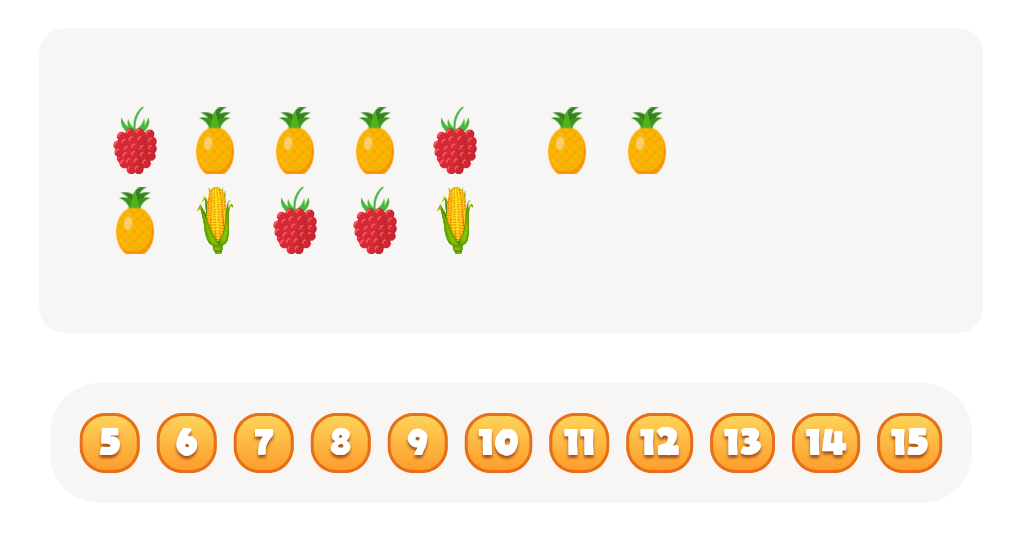Understanding ecosystems Plants and Animals Worksheets for 5-Year-Olds
4 filtered results
-
From - To
Explore the wonders of ecosystems with our engaging “Understanding Ecosystems: Plants and Animals Worksheets” designed specifically for 5-year-olds! This collection of interactive activities helps young learners discover the fascinating relationships between plants and animals in their environment. Featuring colorful illustrations and simple, age-appropriate tasks, these worksheets make science fun and accessible. Children will engage in hands-on learning as they identify different species, explore food chains, and understand the importance of each organism in our world. Perfect for classroom use or at-home learning, these resources encourage curiosity and a strong foundation in ecology for early learners. Dive in and nurture your child's love for nature!
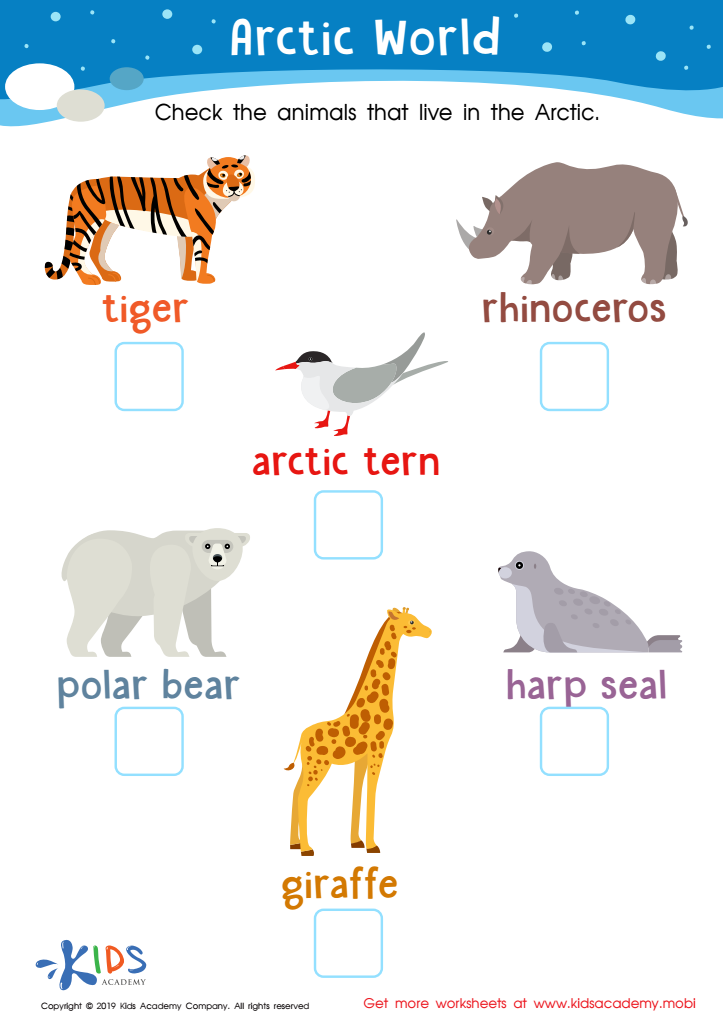

Arctic World Worksheet
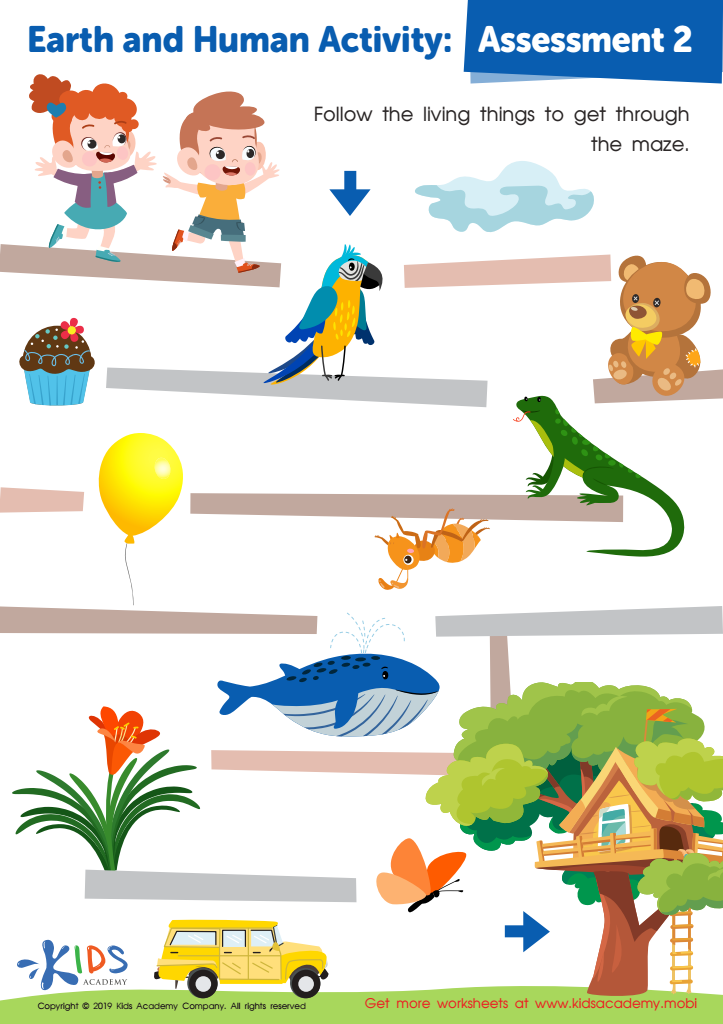

Earth and Human Activity: Assessment 2 Worksheet
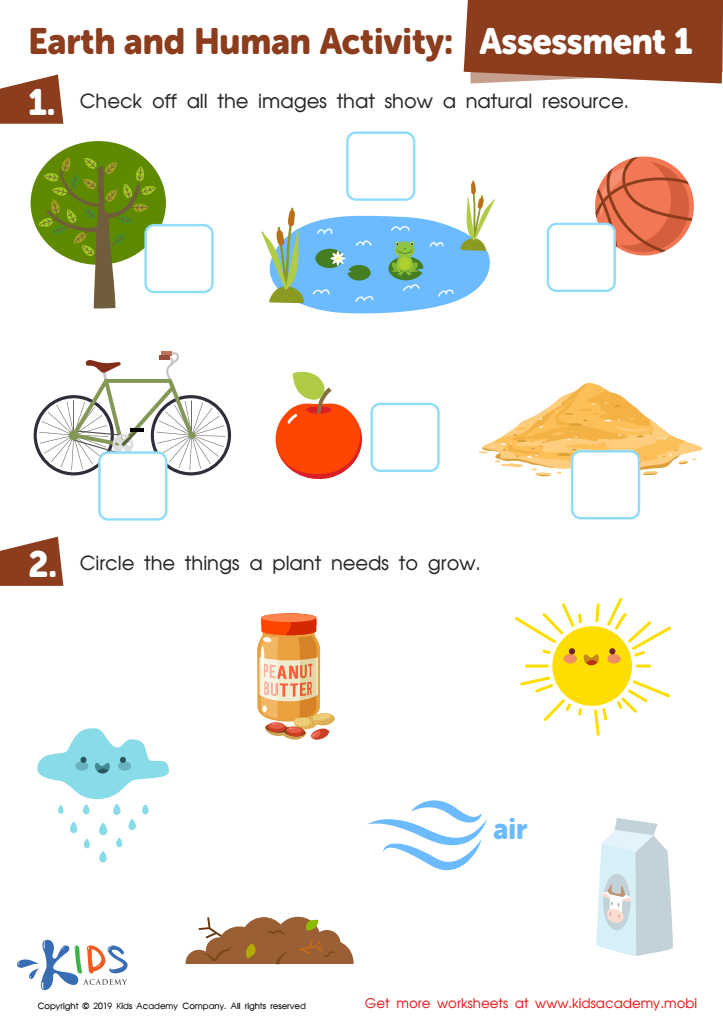

Earth and Human Activity: Assessment 1 Worksheet
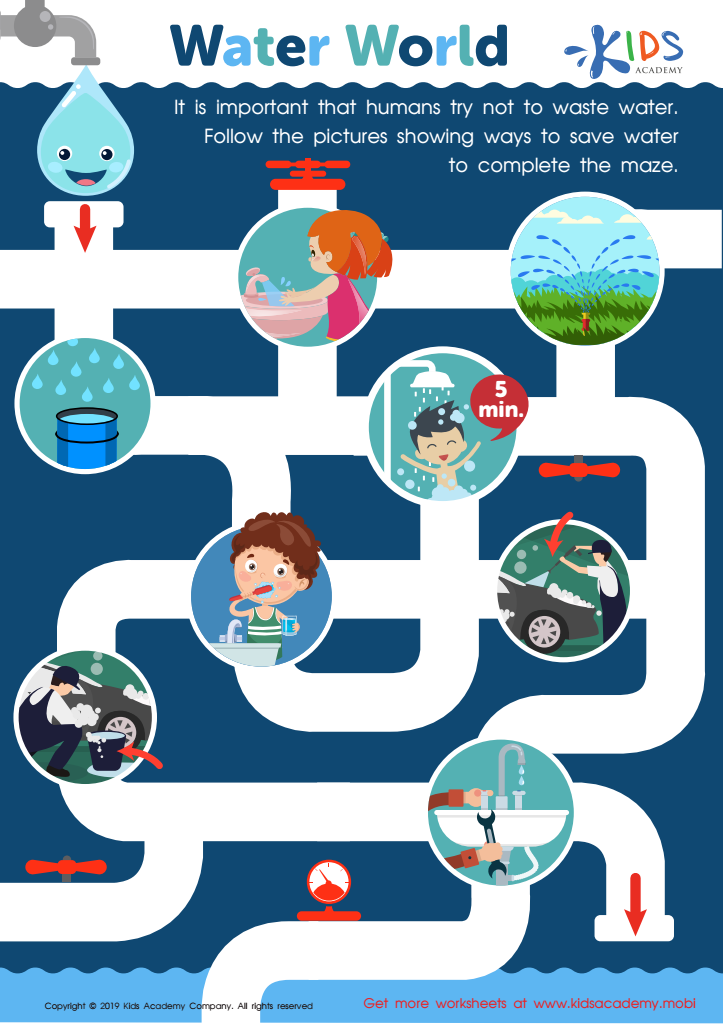

Water World Worksheet
Understanding ecosystems, including plants and animals, is vital for 5-year-olds because it lays the foundation for environmental awareness and responsibility. At this age, children are naturally curious about the world around them, and learning about ecosystems provides answers to their questions about nature. This knowledge helps them appreciate biodiversity, fostering a sense of wonder and connection to the environment.
Engaging with ecosystems introduces children to basic scientific concepts, such as the interdependence of living organisms. By learning how plants, animals, and humans interact, kids develop critical thinking skills and begin to understand the importance of caring for the environment. This early exposure can guide their attitudes toward conservation and sustainability as they grow.
Moreover, discussing ecosystems encourages language development, as children learn new vocabulary related to plants, animals, and their habitats. It also promotes social skills through group activities, storytelling, and nature exploration.
Ultimately, parents and teachers should care about teaching these concepts because they play a key role in shaping environmentally conscious future citizens. By nurturing a love for nature, we empower children to take part in protecting our planet, ensuring a healthier, more sustainable world for generations to come.
 Assign to My Students
Assign to My Students
